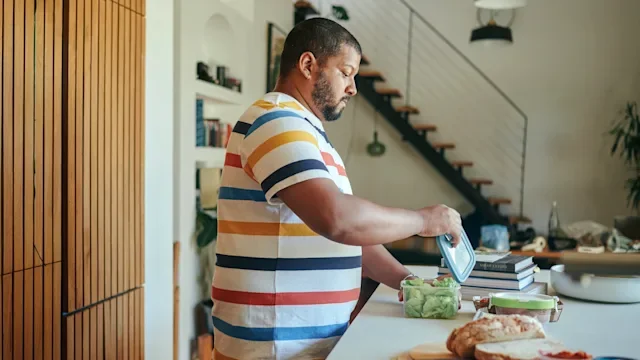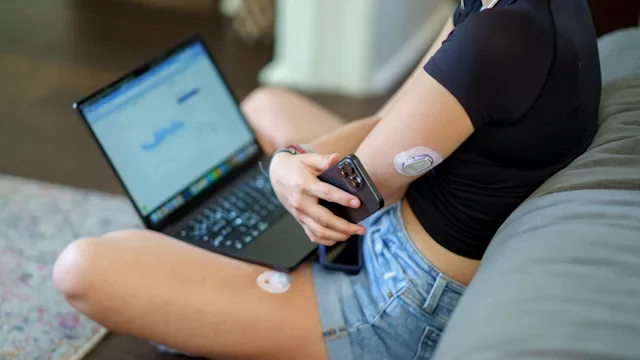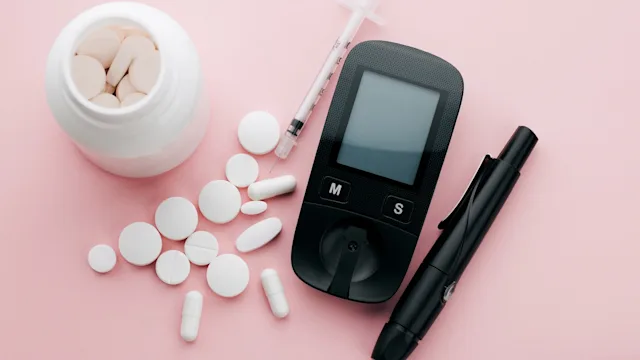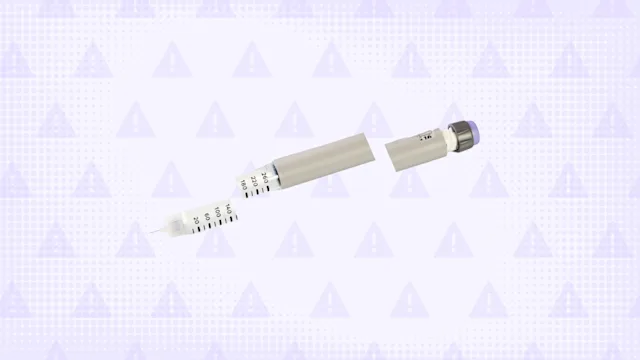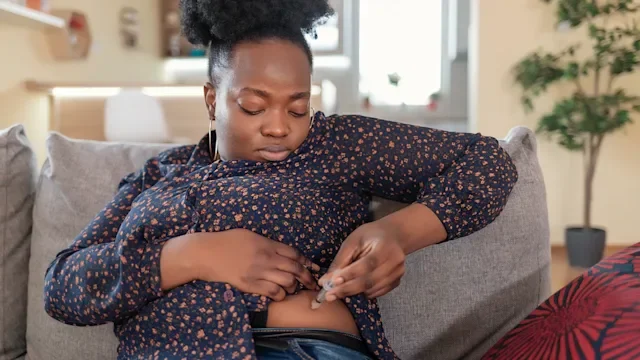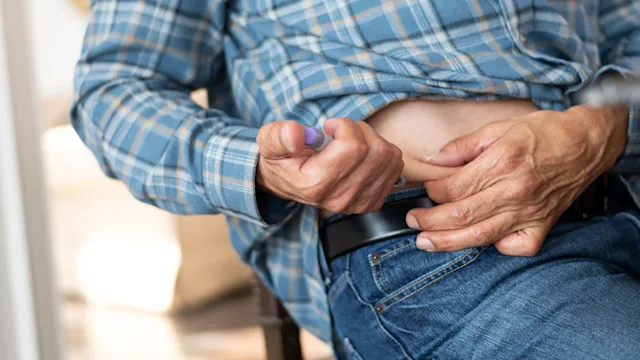Key takeaways:
Barbara Jo Mullis has lived with Type 2 diabetes since 2015.
Diet and exercise have helped her health. But she says consistently taking her medication has been the key to managing her blood sugar.
She says her best advice for others is to never skip your medication.
For some people, a Type 2 diabetes diagnosis can mean a dramatic shift in their lifestyle and eating habits.
For Barbara Jo Mullis, what has really made a difference has been staying on target with her medication.
For years, she had prediabetes, and her doctor closely monitored her blood sugar. In 2015, he officially diagnosed her with Type 2 diabetes and prescribed metformin to help lower her baseline blood sugar. In the years since, Barbara Jo has learned the importance of taking her medicine exactly as prescribed and never skipping a dose. Here are five reasons why.
1. Medicine may matter more than diet and exercise
When she was first diagnosed, Barbara Jo took a look at what she was eating and how much she was moving.
“I got really serious about sweets and exercise,” she says. But she had always been good about eating healthy, having plenty of vegetables, and limiting sweets and carbs, she says. And she didn’t notice much of a difference when she monitored her sugar levels even when she ate less sugar.
Similarly, at first, she exercised a lot. But after a car wreck left her with injuries, she found that she wasn’t exercising as much.
“I realized that diet and exercise didn’t make as much of a difference as my medicine did,” Barbara Jo says. “My A1C (blood sugar average over 3 months) seems to have stayed in about the same place even though I’m not adding exercise into my routine.”
2. Monitoring my eye health is important
People with diabetes are at higher risk of developing certain eye conditions. For Barbara Jo, going to the eye doctor has been just as important as seeing her regular physician.
Her eye doctor pays close attention to how diabetes might be affecting her eye health.
- GlucophageMetformin
- RiometMetformin
- Glucophage XRMetformin ER (Glucophage XR)
“My retinologist is concerned because diabetes is associated with retina issues,” she says. She has age-related macular degeneration. “It wasn’t because of the diabetes, but the diabetes can affect that. So my [retinal specialist] is just worried that it will exacerbate that. He’s very careful about monitoring it.”
3. Losing weight won’t solve everything
After her car accident, Barbara Jo lost weight without trying. That was partly because she was hospitalized for rehabilitation purposes and didn’t care much for the facility’s food.
“It wasn’t some huge diet,” she says. She just wasn’t eating as much.
And at home, her husband does the cooking and mostly sticks to healthy meals.
Barbara Jo says losing weight and eating well helped her health. But it didn’t take away her need to stay on medication to lower her blood sugar.


4. Diabetes doesn’t have to be an earth-shattering diagnosis
Barbara Jo’s diabetes diagnosis has always been something that concerns her, and she takes it seriously. But after a few years of medication and managing her A1C, she says, it occurred to her that it’s just something she needs to accept and manage.
“Maybe just knowing that it’s just ‘blah’ is useful,” she says. “Because sometimes it is ‘blah.’ Sometimes, it’s not earth-shattering. Sometimes, it just is.”
Having a good relationship with her primary care physician also helped her to see the diagnosis not as something that was a death sentence, or a life-changing moment, but as something that she could manage easily. Years of twice-annual visits helped her to communicate with and trust what her doctor said.
5. ‘Let the medication do its work’
In Barbara Jo’s case, medication is key to managing her Type 2 diabetes. At first, she says, she took it as many as three times a day. Once she lost weight, she was able to drop back to twice a day.
“The best advice I would give somebody would be: ‘Don’t miss a dose of your medication,’” she says. “Take it every day. Take it when you’re supposed to take it. Just let the medication do its work.”
At 74, Barbara Jo says she’s happy to be relatively healthy and staying on top of her diabetes management.
“I’ve always done the right thing and just been healthy,” she says. “I don’t exactly have one foot in the grave. But I certainly don’t do the things I used to do, and I’m comfortable with that.”

Why trust our experts?









